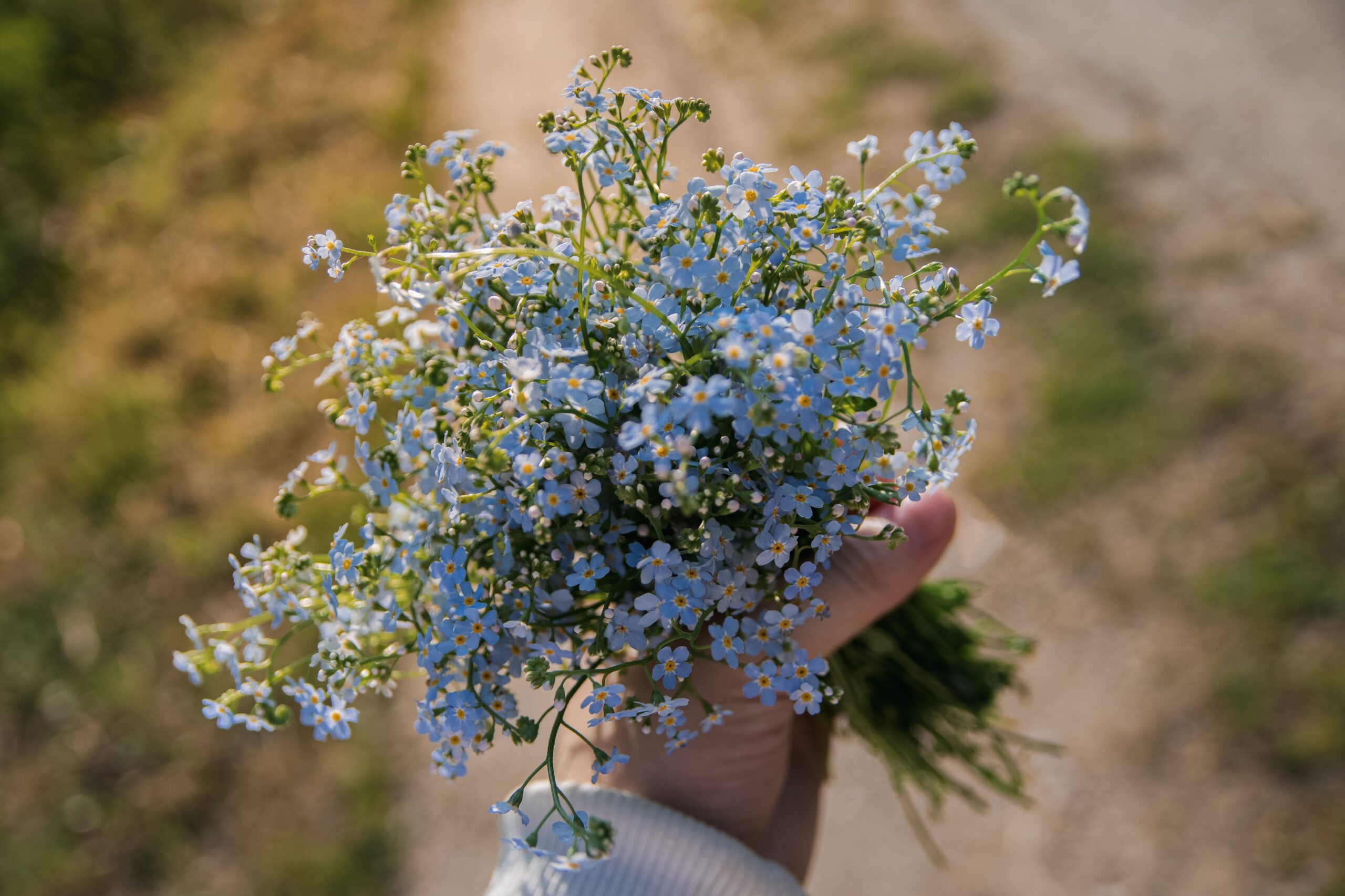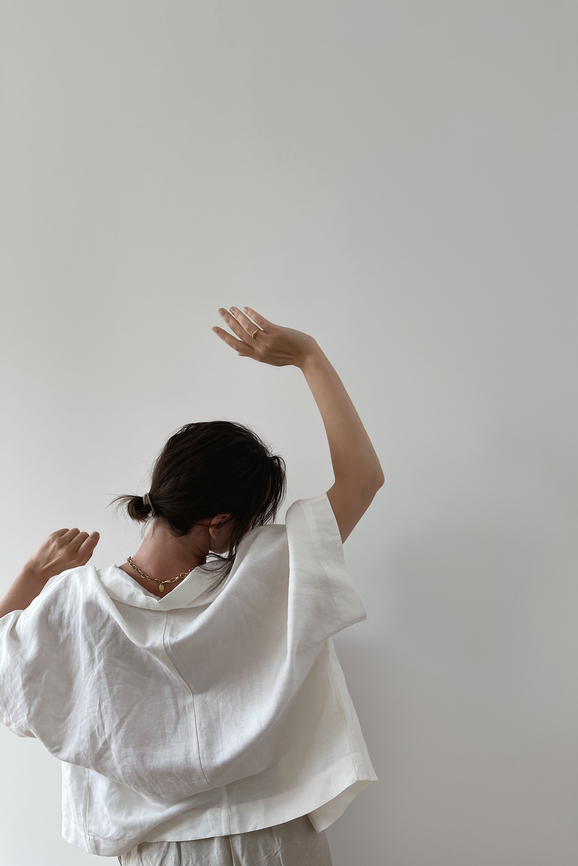When my partner called me that Tuesday, I knew something was up. He was almost breathless on the phone and had this urgency in his voice that told me he needed to talk. “I’m getting a vasectomy,” he said plainly. I paused, my heart thumping loudly in my chest. “Okay,” I answered, almost just as breathlessly. I was excited. Nervous. Was this the end of worrying about contraception? Of constant pregnancy tests to make sure I wasn’t expecting again? “When?” I asked. “Tomorrow,” he said.
When I was 25, I experienced an unplanned pregnancy, followed by an enormously difficult postpartum period. Anyone who’s had an unplanned pregnancy will understand the catch-up game that you play for the first years of your baby’s life when you had neither put aside financial resources nor planned your life around the arrival of another.
When I fell pregnant, I left my job and my life in Bangkok, Thailand, where I’d been living, and flew home to my small seaside hometown to live back with my parents. I had planned on traveling through Southeast Asia and then applying for my master’s degree. Instead, I was unemployed, without healthcare, and back home with my folks in South Africa. To say I felt like a failure was an understatement. Despite planning a home birth that I thought would be empowering, childbirth ended up being traumatic, to the point where I suffered from PTSD afterward that required years of therapy and medication.
“I remember thinking: we are about to be—permanently, irrevocably—a one-child family, society’s expectations be damned.”
My relief, then, when my partner told me he was getting a vasectomy, was two-part. I remember thinking: we are about to be—permanently, irrevocably—a one-child family, society’s expectations be damned. I was also deeply thankful never to have to worry that we’d repeat the same shock-recover cycle that was my first few years of parenthood. We could finally have stress-free sex without spending every intimate moment together worrying that the condom would break or or or.
The vasectomy signaled the official closing of a chapter; the shutting of a door (insert any number of clichés that connote the end of something). It put to bed all the number of scenarios about potentially expanding our family, scenarios that constantly flitted through my mind like flies that needed swatting.
What if we have another child? What if we want one later on? What if our son needs a sibling?
Don’t get me wrong: in theory, I’d love to have more kids. In theory. I’d love for my son to have a sibling to play with and for him to grow up knowing that he had that kind of forever friend who’d always have his back. I really, really wish I had it in me to want this badly enough to slog through the pregnancy cravings, broken sleep and, eventually, toddler tantrums. But the truth is that I struggled enormously during my postpartum period, and, having bipolar disorder, there’s a high chance I’d struggle with my mental health again.
“Is it so wrong that I simply don’t want to do any of it again?”
Nevermind the nine months of gestation or its aftermath, the cracked nipples and 3 a.m. feeds, baby-proofing my house. My son had silent reflux and fitful sleep that interrupted my own and made me feel like a milk-filled maniac for the first few years of his life. Is it so wrong that I simply don’t want to do any of it again?
There’s also the climate crisis: a not-so-small detail in the whether-or-not-we-should-have-kids conversation (although, forgive me, I’ve written it in as a footnote here). As Jessica Gaitán Johannesson wrote in (Not) Bringing Children Into a World in Crisis for LitHub, “We have never seen a world like this one before.” I’m not sure I can parent another child through it, not knowing what kind of future is waiting for them.
For a very long time, I dreamed about my future children. I saw my son’s face before he was born and another child’s in a daydream I had during yoga class in my 20s. And while dreamwork is an important aspect of being a writer, living in or through this world is not possible, not when the tangible is right in front of me in all its terrifying, beautiful flesh and blood.
My partner’s vasectomy has wiped these dreams from my mind, and this extra mental space has given me room to reimagine my life—our lives—and to play with the time that we’ve been given rather than yield to the what ifs of imaginary beings. We’re learning and relearning our shape as a family of three, stretching our limbs into the spaces and feeling for the give, for the more that awaits us as we all grow up together. Without a small baby’s feeding or nap schedule to dictate our days, it’s easier for us to plan trips, go out at the drop of a hat or be spontaneous. I can concentrate on other aspects of my life, like my writing career and my rich friendship circle, and appreciate my little boy for the unique person that he is growing up to be without seeing him as someone’s potential big brother. Mornings of lime milkshakes and beach walks and afternoons filled with wooden sword-building and Nerf gun wars await.
There was a curious happiness that overtook me the day that my partner had the actual procedure. All too often, the onus is placed on the partner who has the uterus to control their fertility, whether that’s staying on the pill, getting an IUD or tying your tubes, and so I was grateful that my partner was taking this into his hands. I realized that for the first time since I’d fallen pregnant with our son, it was my partner who was now in the hot seat and undergoing a procedure for our family. I didn’t have to endure an internal examination or the cool gel of the ultrasound wand, or the invasiveness of childbirth. Splayed legs and IUD insertions and gigantic, pill-inflated breasts were about to be a thing of the past.
In turn, I had to respect his need to regain his sense of bodily autonomy after years of fearing another contraceptive failure.
“With this gentle ceasing of what ifs has come a sense of peace and togetherness that I hadn’t anticipated.”
There are no longer any dream children wafting through my mind. Those imaginary beings are gone, and with this gentle ceasing of what ifs has come a sense of peace and togetherness that I hadn’t anticipated. In the past, I handed over my body to doctors to bring life into this world, and now, in a fitting tribute to our health and future happiness, in a move that has embodied all his love and familial responsibility, my partner has handed his body over to doctors to stop it. And nothing has ever made me feel so loved or cherished.
Megan Ross is a writer, editor and journalist from South Africa. She is the author of Milk Fever (uHlanga Press), a poetry collection, and has received critical acclaim for her short fiction, essays and poetry. She currently lives on the Wild Coast with her partner and son.

















I don’t think the title of your article matches the content lol. Just kidding, mainly because I had some doubts after reading the article.